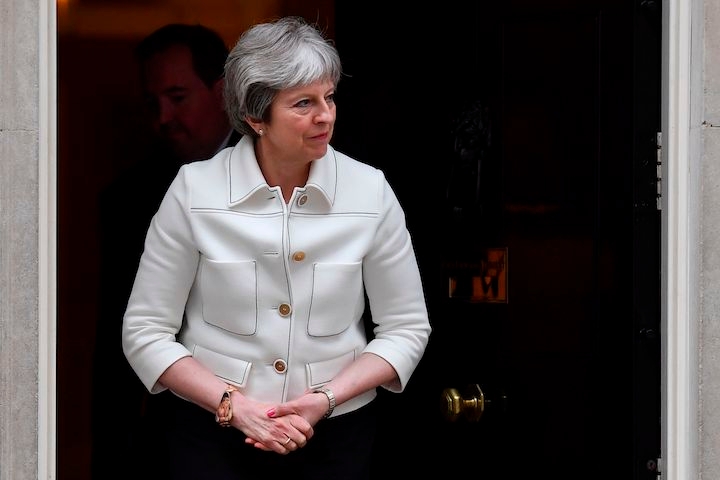Though Theresa May, still responding to questions from MPs in the Commons on the weekend strikes in Syria, seems to have won support from a clear majority of MPs, her session has not been entirely comfortable. A large number of backbench Labour MPs made clear that they agreed with the Prime Minister’s assessment that the chemical attack in Douma had been launched by the Assad regime, but they also expressed disappointment that there had not been a vote in Parliament beforehand. Lib Dem leader Vince Cable agreed with this, as did the SNP.
But one striking intervention came from Ken Clarke, who asked May to consider setting up a cross-party commission examining the role of Parliament in such matters. He put his finger on something that Jeremy Corbyn has also been pushing for, albeit for different reasons, which is clarity on who holds the power in these situations. Corbyn wants a War Powers Act which would enshrine in law that the government must seek parliamentary approval before committing to planned military action.
David Cameron had considered doing just this following the intervention in Libya but in April 2016, the then Defence Secretary Michael Fallon released a written ministerial statement (always the method for sneaking out news that ministers don’t want parliament to notice and get angry about) in which he announced that the ‘Government has decided that it will not be codifying the Convention in law or by resolution of the House in order to retain the ability of this and future governments and the Armed Forces to protect the security and interests of the UK in circumstances that we cannot predict, and to avoid such decisions becoming subject to legal action’. May repeated this sentiment today, telling the Chamber that ‘I am absolutely clear that it is Parliament’s responsibility to hold me to account for such decisions – and Parliament will do so. But it is my responsibility as Prime Minister to make these decisions. And I will make them.’
May clearly wants to prevent a convention of having to secure the approval of parliament before taking emergency military action. But in order to make this a little easier in practice when, as is highly likely, the Assad regime uses chemical weapons against its own people again, it might be reasonable to make a clearer statement of the balance of powers between executive and legislature on military action. Then, at least, it will be harder to argue that the government is being anti-democratic by making decisions to which it has a right.







Comments